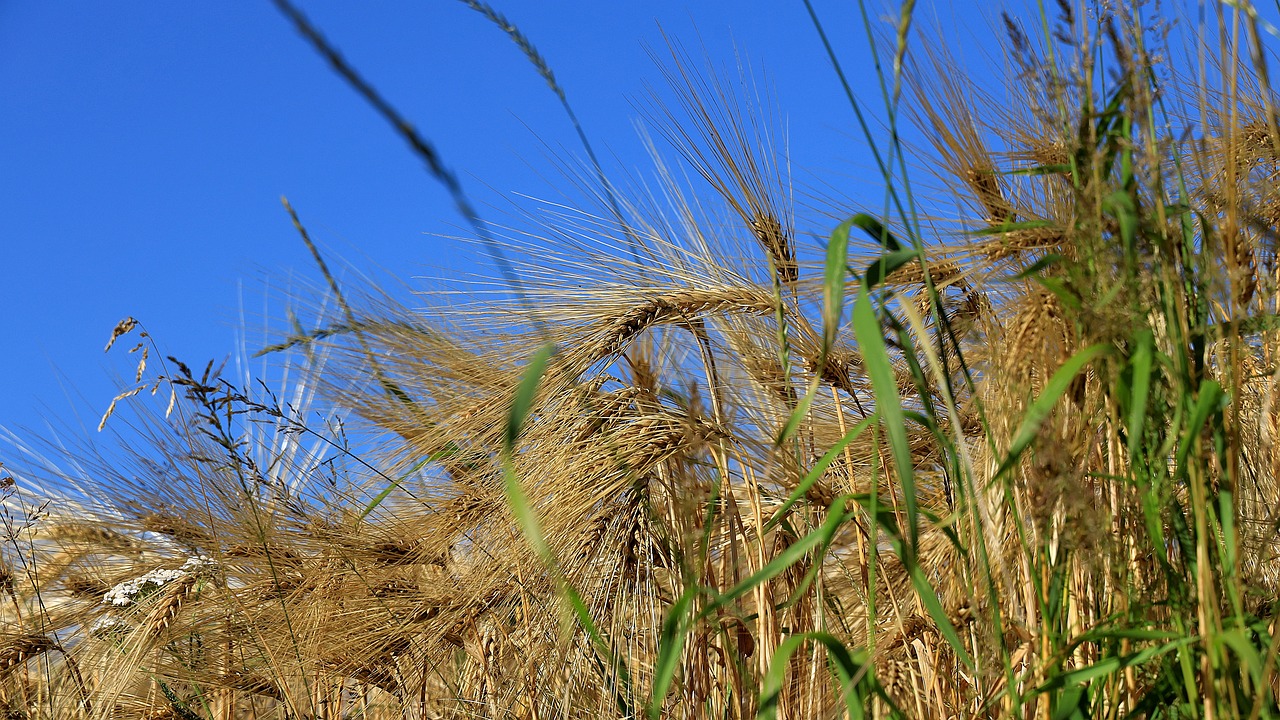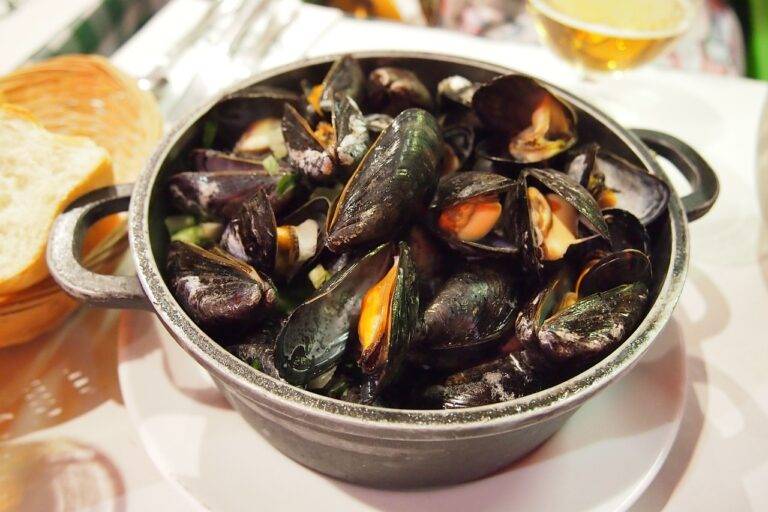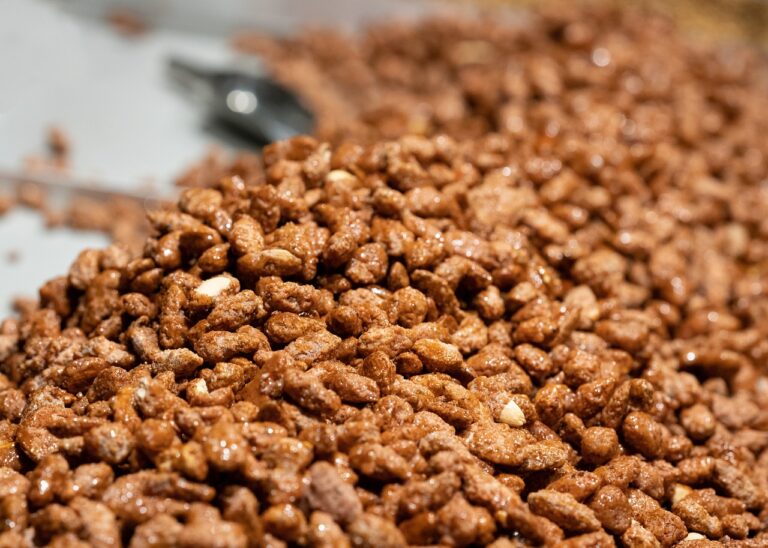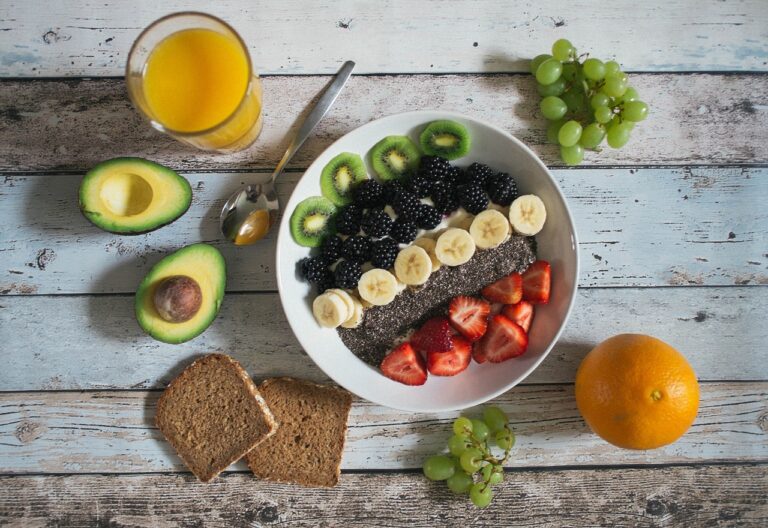Addressing Consumer Concerns About Grain-Free Diets and Heart Health: Sky247 log in, Gold365, Gold win 365
sky247 log in, gold365, gold win 365: Addressing Consumer Concerns About Grain-Free Diets and Heart Health
Grain-free diets have been gaining popularity in recent years, with many people choosing to eliminate grains from their diets for various reasons. Some people believe that grains can cause inflammation in the body, while others simply feel better when they don’t eat grains. However, there has been some concern raised about the impact of grain-free diets on heart health. In this article, we will explore those concerns and provide evidence-based information to help you make an informed decision about whether a grain-free diet is right for you.
The Link Between Grain-Free Diets and Heart Health
One of the main concerns about grain-free diets is that they may be lacking in important nutrients that are beneficial for heart health. Grains, such as whole grains, are a good source of fiber, vitamins, and minerals that are important for overall health. Some studies have suggested that a diet high in whole grains may help reduce the risk of heart disease.
Additionally, some grain-free diets rely heavily on processed foods that are high in unhealthy fats and sugars. These types of foods can contribute to weight gain, obesity, and other risk factors for heart disease. It is important to be mindful of the types of foods you are consuming on a grain-free diet to ensure that you are still getting the nutrients your body needs for optimal heart health.
The Role of Fats in a Grain-Free Diet
Another concern about grain-free diets and heart health is the role of fats in these diets. Many grain-free diets include higher amounts of fats, such as those found in nuts, seeds, avocados, and oils. While some types of fats, such as monounsaturated and polyunsaturated fats, are beneficial for heart health, other types, such as saturated and trans fats, can increase the risk of heart disease.
It is important to choose healthy fats in moderation when following a grain-free diet. Opt for sources of healthy fats, such as olive oil, nuts, and seeds, and limit your intake of saturated and trans fats found in processed foods and fried foods. Maintaining a healthy balance of fats in your diet is key to supporting heart health while following a grain-free diet.
The Importance of Protein and Vegetables in a Grain-Free Diet
When following a grain-free diet, it is essential to focus on consuming adequate amounts of protein and vegetables to ensure that you are meeting your nutritional needs. Protein is important for building and repairing tissues in the body, and vegetables are a good source of vitamins, minerals, and antioxidants that are beneficial for heart health.
Include a variety of protein sources in your grain-free diet, such as lean meats, poultry, fish, eggs, legumes, and tofu. Opt for a wide range of colorful vegetables to ensure that you are getting a diverse array of nutrients that support heart health. By prioritizing protein and vegetables in your grain-free diet, you can help ensure that you are meeting your nutritional needs while supporting your heart health.
The Role of Supplements in a Grain-Free Diet
Some people following grain-free diets may choose to supplement with vitamins and minerals to ensure that they are getting all the nutrients they need for optimal health. While it is always best to get your nutrients from whole foods whenever possible, supplements can be a helpful way to fill in any nutritional gaps in your diet.
If you are following a grain-free diet, consider speaking with a healthcare professional or a registered dietitian to determine if you may benefit from taking supplements. They can help you identify any potential deficiencies in your diet and recommend suitable supplements to support your overall health, including your heart health.
Making Informed Choices About Your Diet and Heart Health
Ultimately, the best way to address concerns about grain-free diets and heart health is to make informed choices about your diet and lifestyle. Consider the following tips to support your heart health while following a grain-free diet:
1. Focus on whole foods: Choose whole, nutrient-dense foods such as fruits, vegetables, lean proteins, and healthy fats to ensure that you are getting the nutrients your body needs.
2. Limit processed foods: Minimize your intake of processed foods that are high in unhealthy fats, sugars, and additives that can negatively impact heart health.
3. Stay active: Regular physical activity is important for supporting heart health, so be sure to incorporate exercise into your daily routine.
4. Monitor your health: Keep track of your overall health, including your cholesterol levels, blood pressure, and weight, to ensure that you are taking care of your heart.
By following these tips and making informed choices about your diet and lifestyle, you can support your heart health while following a grain-free diet.
FAQs
Q: Is a grain-free diet safe for everyone?
A: While grain-free diets can be safe and beneficial for some people, it is essential to consult with a healthcare professional or a registered dietitian before making significant changes to your diet, especially if you have underlying health conditions or nutrient deficiencies.
Q: Can a grain-free diet help with weight loss?
A: Some people may experience weight loss on a grain-free diet due to reduced calorie intake or improved metabolic health. However, weight loss results can vary depending on individual factors, so it is essential to focus on overall health and well-being rather than just weight loss when following a grain-free diet.
Q: Are there any risks associated with a grain-free diet?
A: Potential risks of a grain-free diet include nutrient deficiencies, particularly in fiber, B vitamins, and minerals found in whole grains. To minimize these risks, focus on consuming a variety of nutrient-dense foods and consider supplementing with vitamins and minerals if needed.
In conclusion, addressing consumer concerns about grain-free diets and heart health involves making informed choices about your diet and lifestyle, focusing on nutrient-dense whole foods, staying active, and monitoring your overall health. By prioritizing heart-healthy habits and consulting with healthcare professionals as needed, you can support your heart health while following a grain-free diet.







